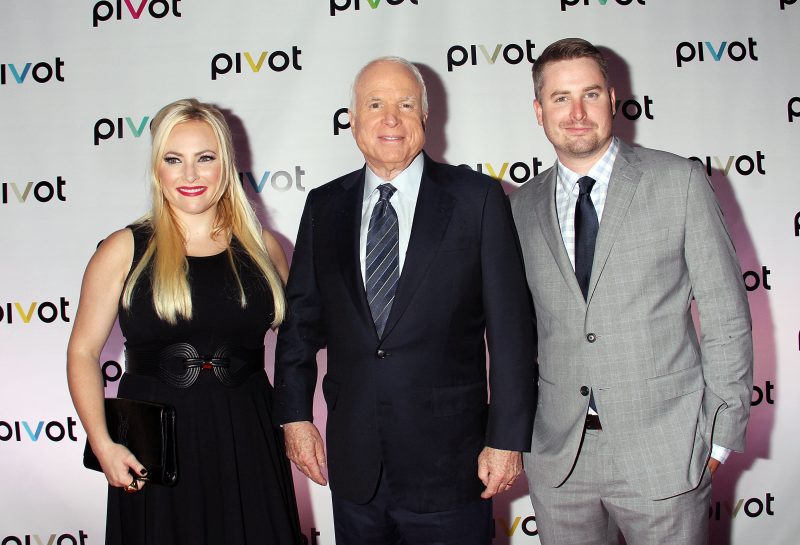The recent announcement by John McCain’s son, Jack McCain, stating his support for Kamala Harris in the upcoming November elections has garnered significant attention and generated discussions across political circles. The decision comes as a surprise to many, considering the stark differences between his family’s Republican background and Harris’ Democratic affiliation. Jack McCain’s endorsement of Harris signifies a break from traditional party lines and underlines the evolving nature of political allegiances in modern times.
The decision to support Harris reflects a shift towards a more progressive and inclusive approach to politics. Jack McCain’s public declaration of support for a Democratic candidate sends a powerful message of bipartisanship and the willingness to look beyond party boundaries in order to prioritize values and principles over strict party affiliations. This move can be seen as a courageous step, especially within a political climate that is often heavily polarized.
It is worth noting that Jack McCain’s decision to support Kamala Harris does not necessarily mean a complete abandonment of his Republican roots. Rather, it highlights the importance of thoughtful and reasoned consideration of candidates’ policies, values, and visions for the country. Jack McCain’s willingness to cross party lines offers a refreshing perspective in a political landscape that is frequently characterized by rigid adherence to party ideologies.
Furthermore, Jack McCain’s endorsement of Kamala Harris can also be interpreted as a nod towards unity and collaboration in the face of divisive politics. By publicly aligning himself with a candidate from an opposing party, Jack McCain sends a powerful message about the importance of coming together for the greater good of the nation. In a time where political tensions run high, such displays of bipartisan support can serve as a beacon of hope for those who believe in the power of cooperation and consensus-building.
Ultimately, Jack McCain’s decision to support Kamala Harris serves as a reminder that political preferences should not be dictated solely by party lines. It encourages individuals to think critically, evaluate candidates based on their merits, and make informed decisions that align with their values and beliefs. In a rapidly changing political landscape, such displays of independent thinking and openness to diverse perspectives are essential for fostering a more inclusive and collaborative political discourse.


























